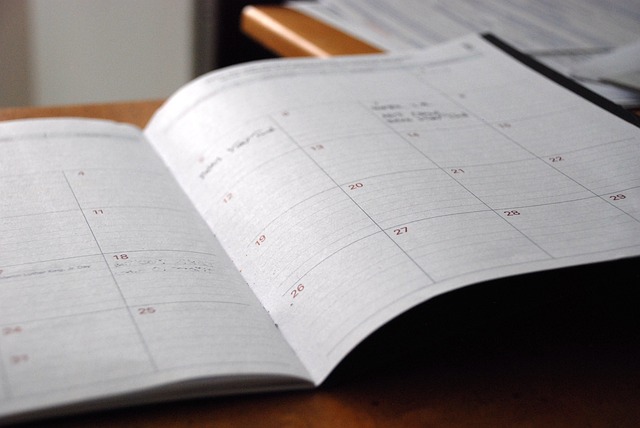
As the coronavirus outbreak continues to spread throughout the UK, we have provided some information below which we hope are useful to your business. In these uncertain times we wanted to reach out to all our clients to let you know we are here to offer support and guidance over the next few months.
We are working hard to ensure we can eliminate the risk as much as possible. As many clients are aware, we have now installed a hand sanitizer to the wall outside of the front door; we ask all clients and staff to use this upon entering. As always, we offer online meetings and TeamViewer to work with you remotely. We are also regularly disinfecting all surface areas and have put into place plans for staff to work remotely if it is required. We thank you for your cooperation during this time and we are available at all times for any questions you may have regarding this matter.
The Chancellor has set out a package of temporary, timely and targeted measures to support public services, people and businesses through this period of disruption caused by COVID-19.
- a statutory sick pay relief package for SMEs
- a Business Rate Relief for small businesses and pubs small business grant funding of £3,000 for all business in receipt of Small Business Rates Relief (SBRR) and Rural Rates Relief
- the Coronavirus Business Interruption Loan Scheme to support long-term viable businesses who may need to respond to cash-flow pressures by seeking additional finance
- the HMRC Time To Pay Scheme Read more…
Need more information?
If you are concerned about being able to pay your tax due to COVID-19, please call HMRC’s dedicated helpline on 0800 0159 559.
Keep your eye on Government advice
Our team of chartered accountants understand this difficult time and are here for you and your business. If you want to speak to us at any time do hesitate to contact us. For more information please do hesitate to contact us on 0161 962 1855. Alternatively you can email us using the form below and we will contact you as soon as possible.
Our fantastic team at A&C Chartered Accountants are here to help.









